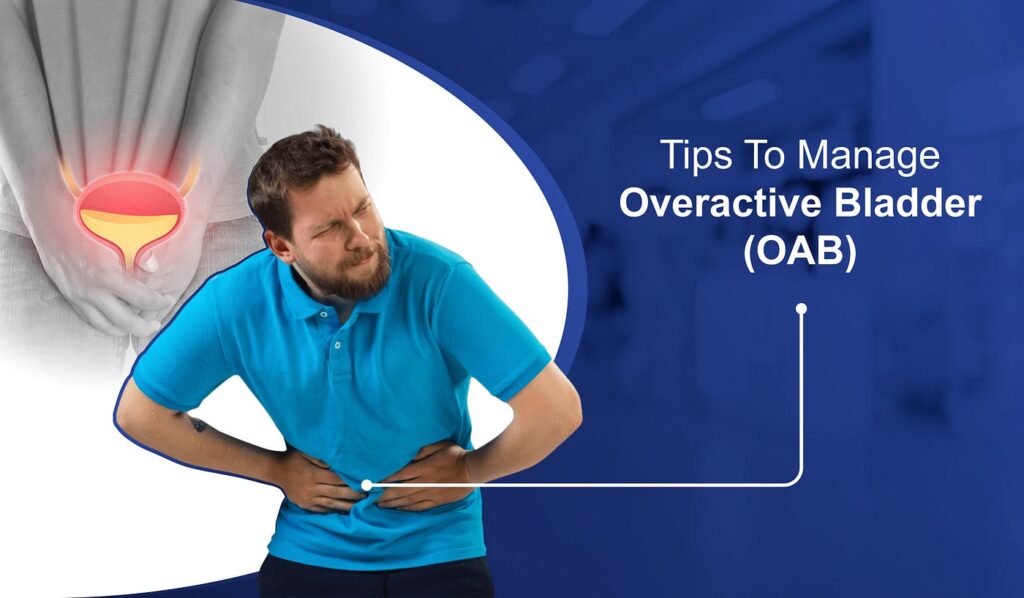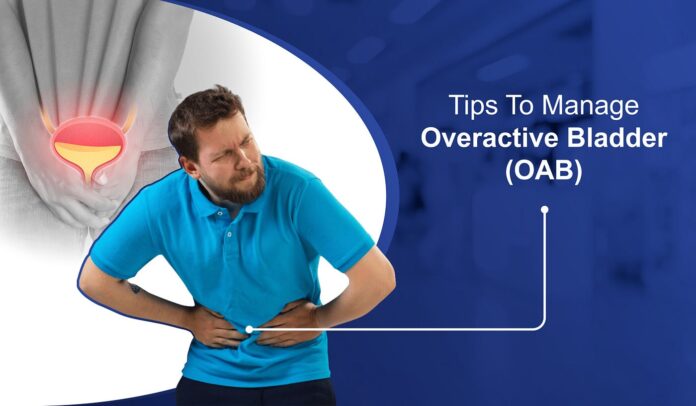
Overactive bladder (OAB) is a condition that affects millions of individuals worldwide and is characterized by symptoms such as a strong, frequent need to urinate and, in some cases, urine leakage (incontinence). Finding the best medication can significantly improve the quality of life for those affected. However, the most effective treatment can vary from person to person, depending on the severity of symptoms and other individual health factors.
Understanding Overactive Bladder
Before delving into medications, let’s briefly understand what overactive bladder is. OAB occurs when the bladder muscles begin contracting involuntarily, even when the bladder isn’t full. This can lead to:
- Urgency: An immediate, strong need to urinate
- Frequency: Needing to urinate more often than usual
- Nocturia: Waking up from sleep to urinate
- Urge Incontinence: Leakage of urine following an urgent need to void
First-Line Treatments
Treatment for OAB often begins with non-pharmacological strategies such as:
- Bladder training
- Pelvic floor exercises
- Fluid management
- Dietary adjustments
If lifestyle modifications don’t yield sufficient results, medications may be considered.
Medications for Overactive Bladder
Several classes of medications are used to treat OAB, with antimuscarinics and beta-3 agonists being the most commonly prescribed.
Antimuscarinics (Anticholinergics)
These medications work by blocking the muscarinic receptors of the bladder, thus reducing involuntary muscle contractions. Examples of antimuscarinics include:
- Oxybutynin (Ditropan)
- Tolterodine (Detrol)
- Solifenacin (Vesicare)
- Fesoterodine (Toviaz)
- Darifenacin (Enablex)
While effective, antimuscarinics can have side effects such as dry mouth, constipation, and blurred vision, which can limit their use, especially in the elderly.
Beta-3 Agonists
Beta-3 agonists relax the bladder muscle during the storage phase, thus increasing bladder capacity. The main beta-3 agonist in use is:
- Mirabegron (Myrbetriq)
This medication may be better tolerated than antimuscarinics and is less likely to cause dry mouth and constipation. However, it can increase blood pressure and may not be suitable for people with uncontrolled hypertension.
Combination Therapy
For some individuals, a combination of a beta-3 agonist and an antimuscarinic may be more effective than either drug alone.
Other Treatments
In refractory cases or when medication isn’t enough, other treatments like intravesical botulinum toxin injections, nerve stimulation therapies, or surgical interventions may be considered.
Finding the Best Medication
The “best” medication for overactive bladder is the one that effectively manages your symptoms with the fewest side effects. It often requires:
- Individual Assessment: Consulting with a healthcare provider to determine the most suitable medication based on your medical history, symptom severity, and presence of other conditions.
- Trial and Error: It might take testing one or more medications before finding the most effective one with tolerable side effects.
- Monitoring and Adjustment: Work closely with your healthcare provider to monitor the effectiveness and side effects of the medication. Dosages and medications may need to be adjusted over time.
Conclusion
Overactive bladder can be a distressing condition, but numerous medication options are available. Finding the best one is a personalized journey. By working with a healthcare professional and combining pharmacological interventions with lifestyle changes, many individuals with OAB can achieve significant symptom relief and improvements in their daily lives.
Remember, it’s important to never self-medicate and always seek the advice of qualified healthcare practitioners when dealing with health issues like overactive bladder.

